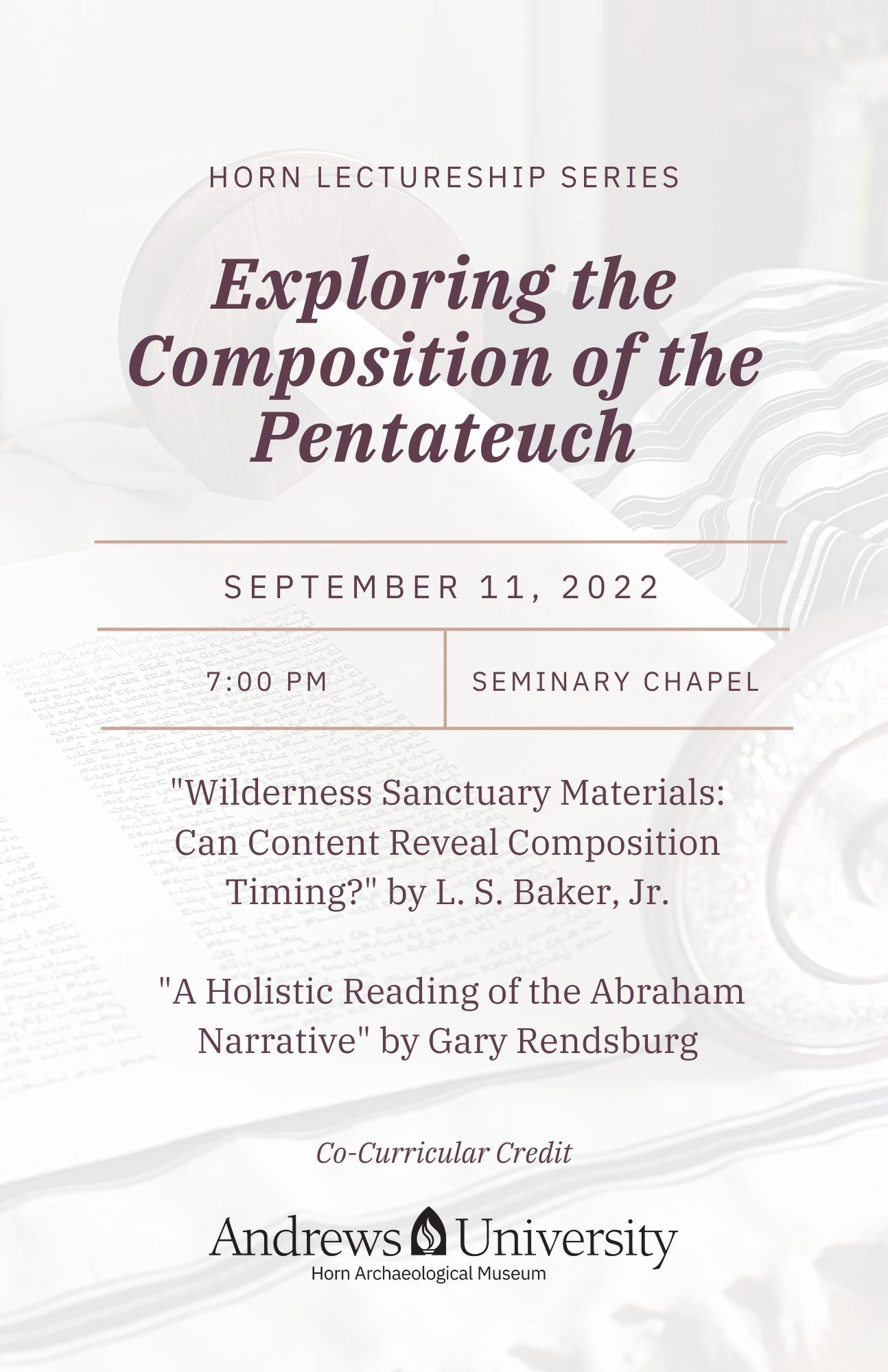The Reception of the Priestly Laws in Deuteronomy and Deuteronomy’s Target Audience
Presenter Status
Assistant Professor of Old Testament
Location
Seminary Chapel
Start Date
5-4-2016 9:50 AM
End Date
5-4-2016 10:40 AM
Session
Interrelations of Legal Material in Torah
Presentation Abstract
In my book Mosetora und Jahwetora I have argued that the Deuteronomic law (Deut. 12–26) presupposes all the laws of Exodus, Leviticus, and Numbers. While the connection between the CC and D, as well as H and D, is widely accepted (regardless of the direction of dependence), the connection between P and D is often denied. S. R. Driver already argued that P and D are independent of each other while D and H share a common tradition. In this paper I will argue that the laws of P are indeed presupposed in D. However, the reasons why the connection between D and P is not as close as the connection between D and the other legal materials of the Pentateuch are, first, because P contains detailed instructions for the Priests, while D’s target audience are the common people and, second, because most of P‘s instructions that are of relevance for the common people are simply adopted as they stand, without any modifications.
Biographical Sketch
Benjamin Kilchör is an assistant professor of Old Testament at the Staatsunabhängige Theologische Hochschule Basel (Switzerland), a lecturer of Old Testament at the Evangelische Theologische Faculteit Leuven (Belgium), and a research associate of the Department of Ancient Languages and Cultures at the University of Pretoria (South Africa). He holds an MTh and a PhD from the Evangelische Theologische Faculteit Leuven and an ordination as VDM (Verbi Divini Minister) from the Reformed Church of Zurich. He is author of Mosetora und Jahwetora. Das Verhältnis von Deuteronomium 12–26 zu Exodus, Levitikus und Numeri (Harrassowitz, 2015). He lives next to Zurich with his wife Monika and his son Raffael (*2015).
The Reception of the Priestly Laws in Deuteronomy and Deuteronomy’s Target Audience
Seminary Chapel
In my book Mosetora und Jahwetora I have argued that the Deuteronomic law (Deut. 12–26) presupposes all the laws of Exodus, Leviticus, and Numbers. While the connection between the CC and D, as well as H and D, is widely accepted (regardless of the direction of dependence), the connection between P and D is often denied. S. R. Driver already argued that P and D are independent of each other while D and H share a common tradition. In this paper I will argue that the laws of P are indeed presupposed in D. However, the reasons why the connection between D and P is not as close as the connection between D and the other legal materials of the Pentateuch are, first, because P contains detailed instructions for the Priests, while D’s target audience are the common people and, second, because most of P‘s instructions that are of relevance for the common people are simply adopted as they stand, without any modifications.




Images